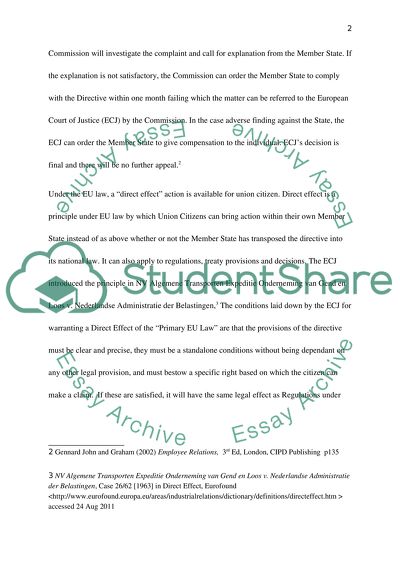Cite this document
(“EU law Essay Example | Topics and Well Written Essays - 1750 words”, n.d.)
Retrieved de https://studentshare.org/law/1390993-eu-law
Retrieved de https://studentshare.org/law/1390993-eu-law
(EU Law Essay Example | Topics and Well Written Essays - 1750 Words)
https://studentshare.org/law/1390993-eu-law.
https://studentshare.org/law/1390993-eu-law.
“EU Law Essay Example | Topics and Well Written Essays - 1750 Words”, n.d. https://studentshare.org/law/1390993-eu-law.


